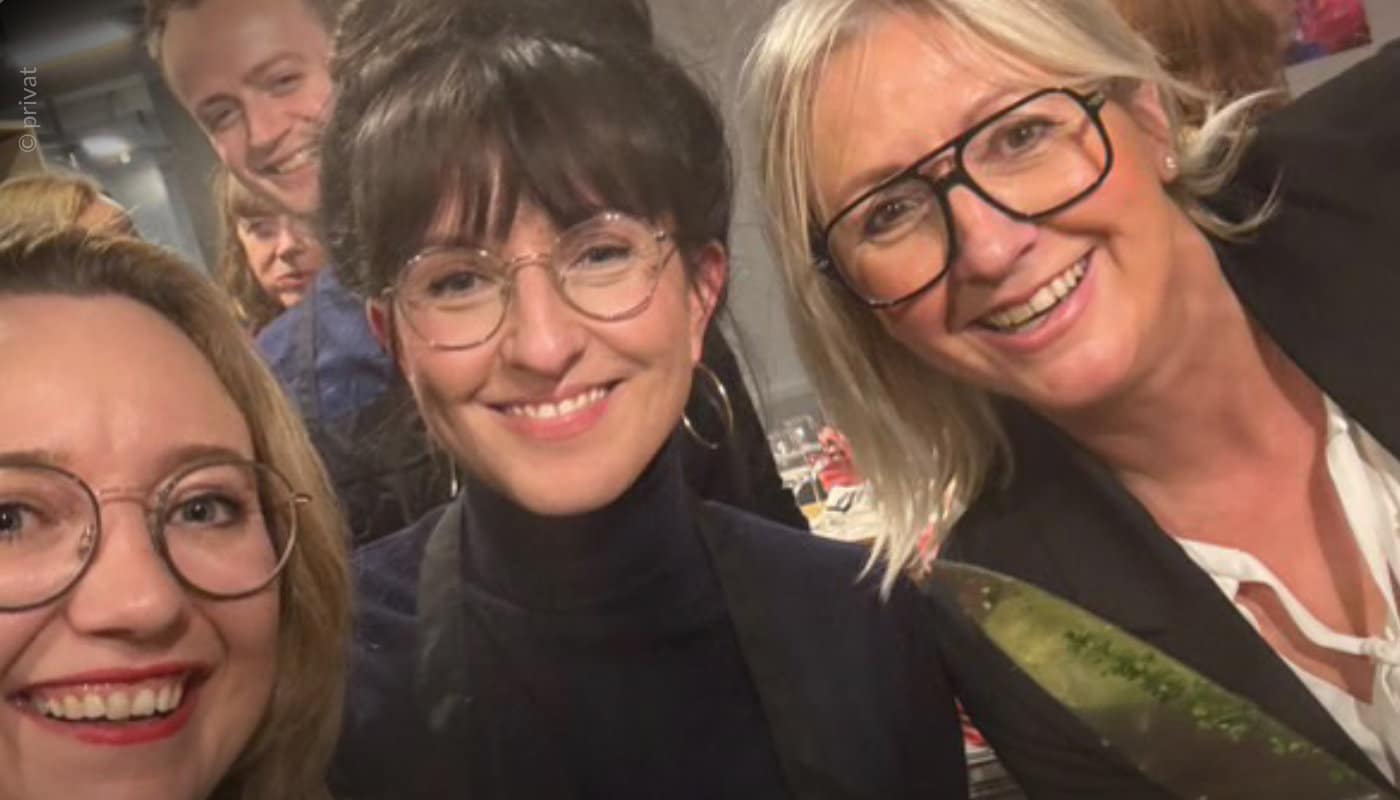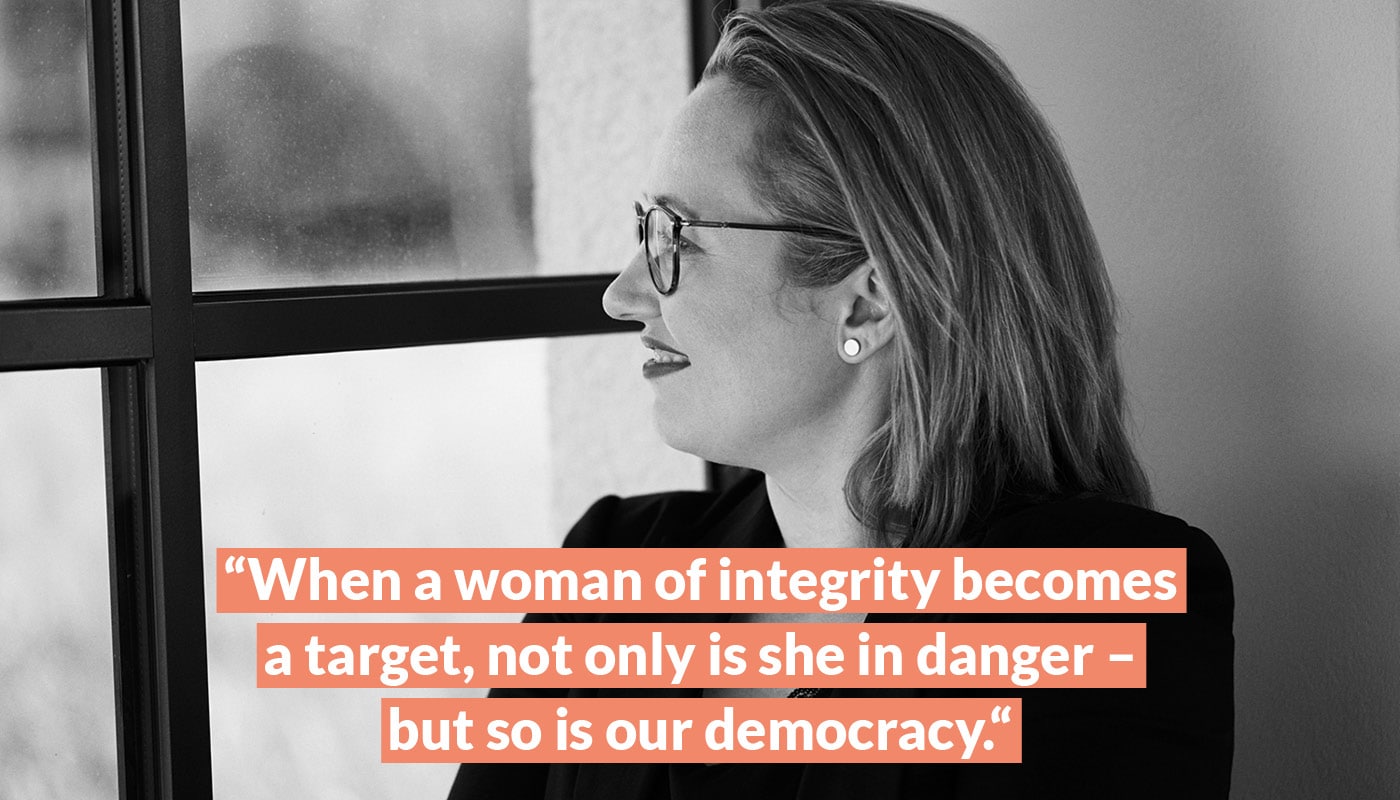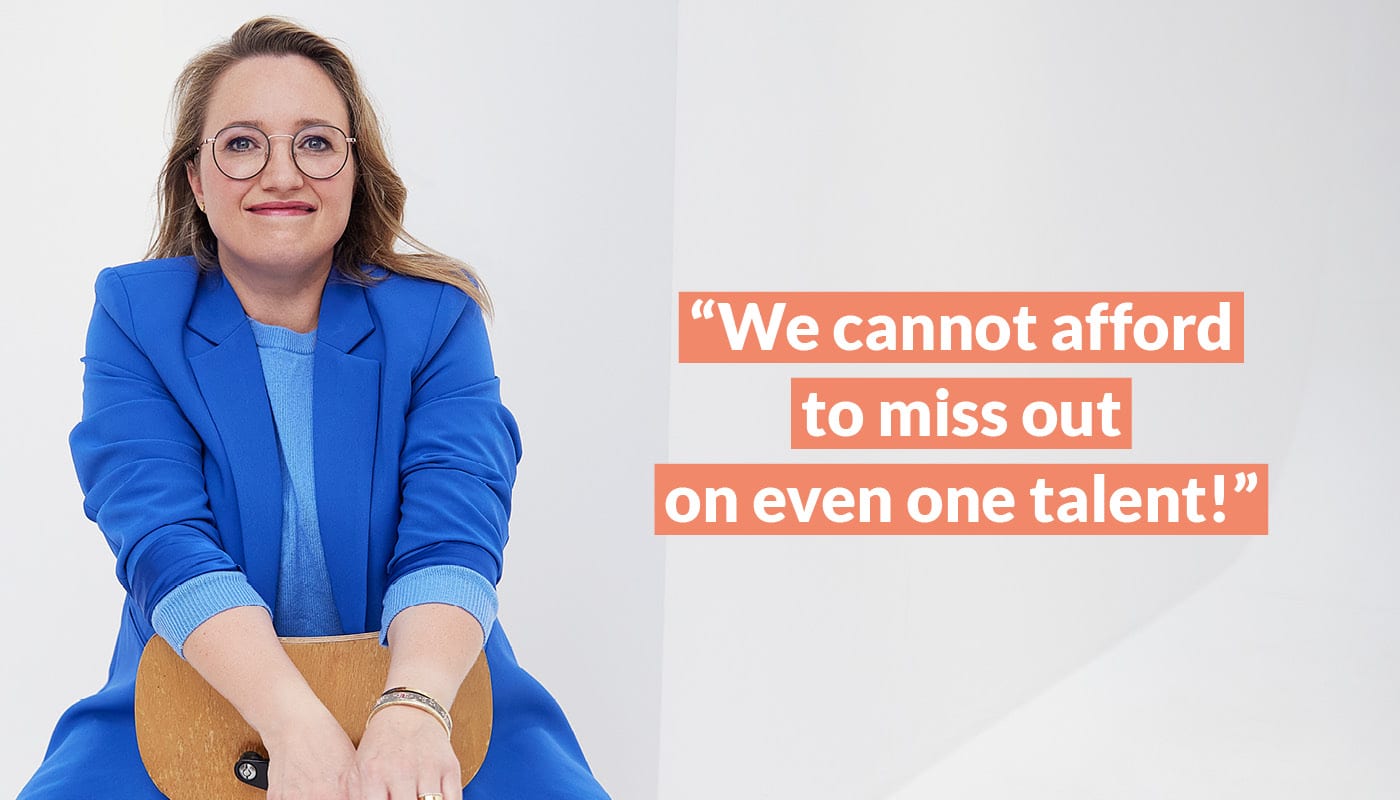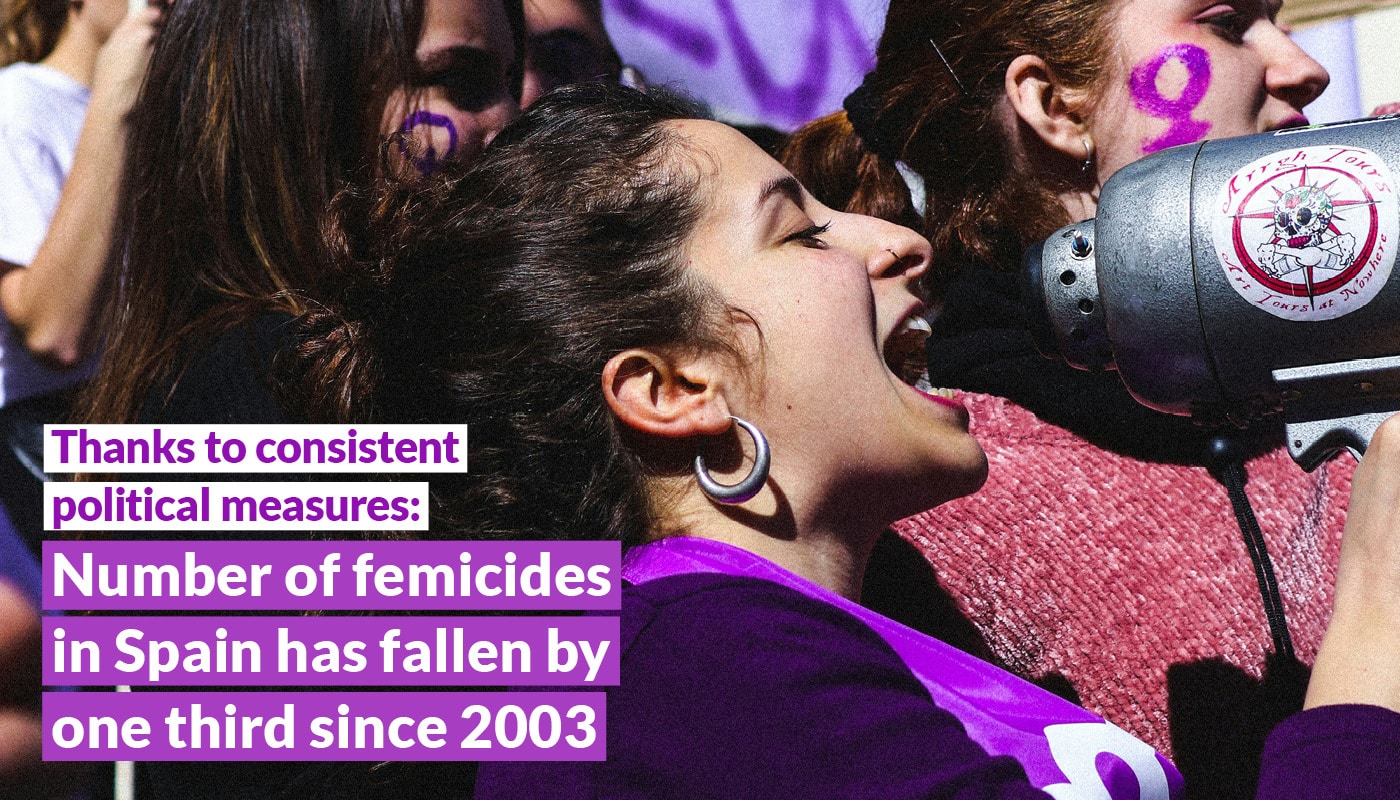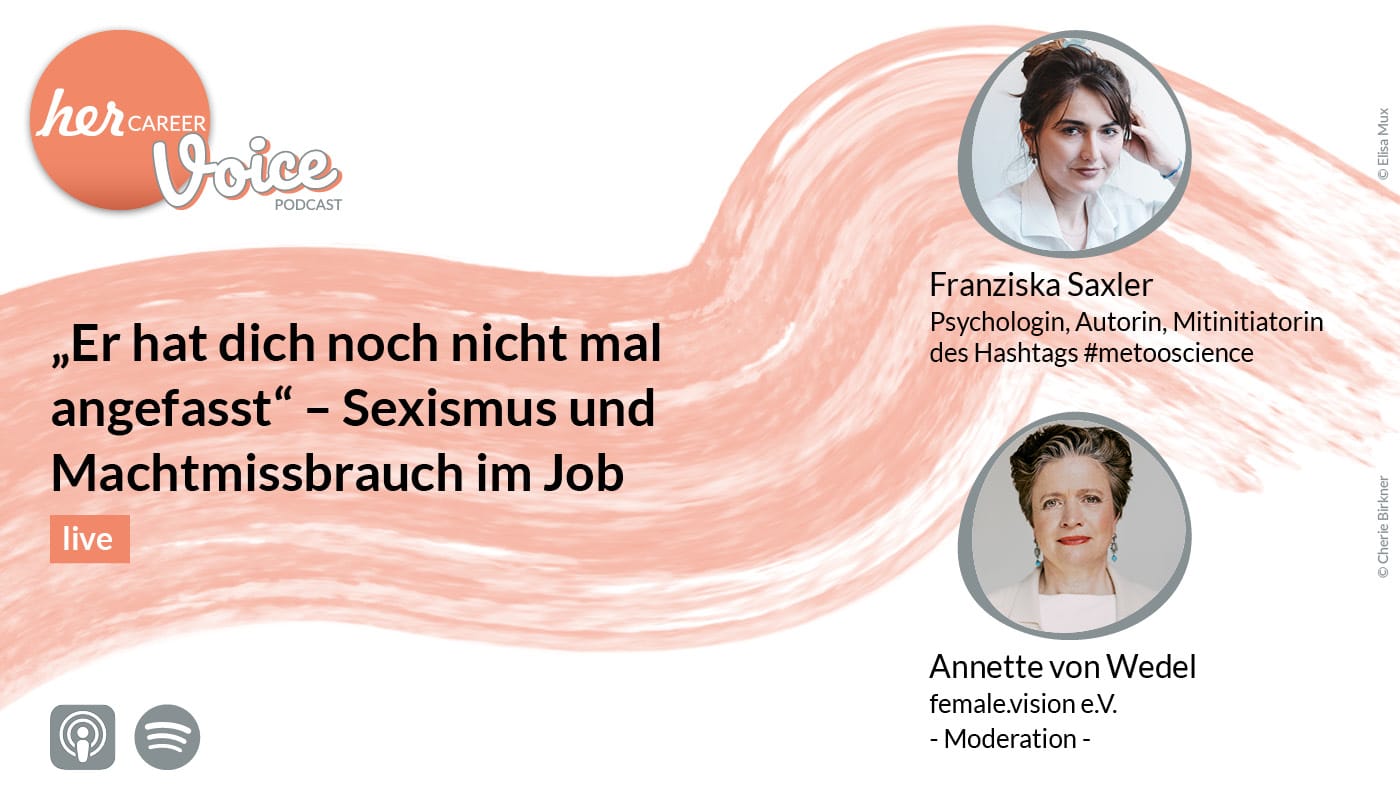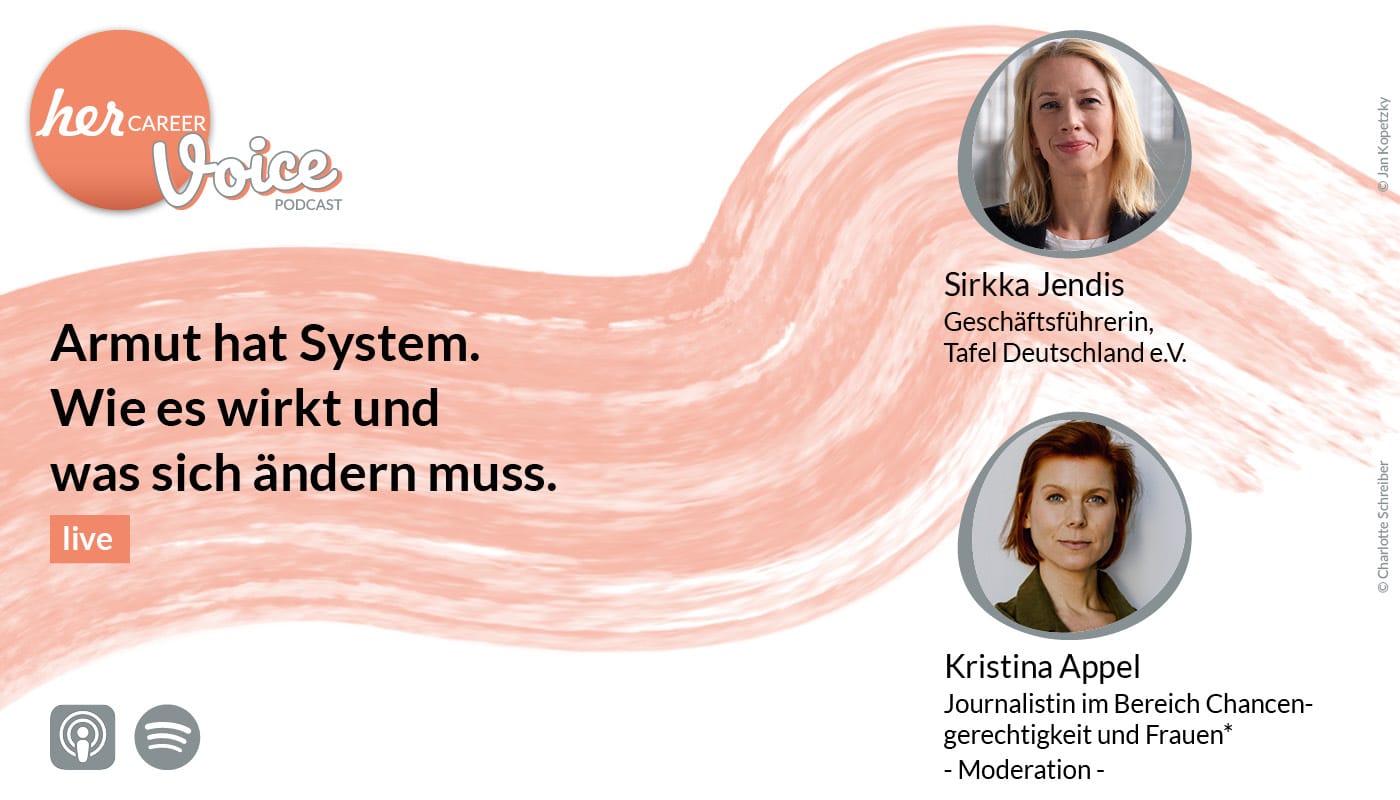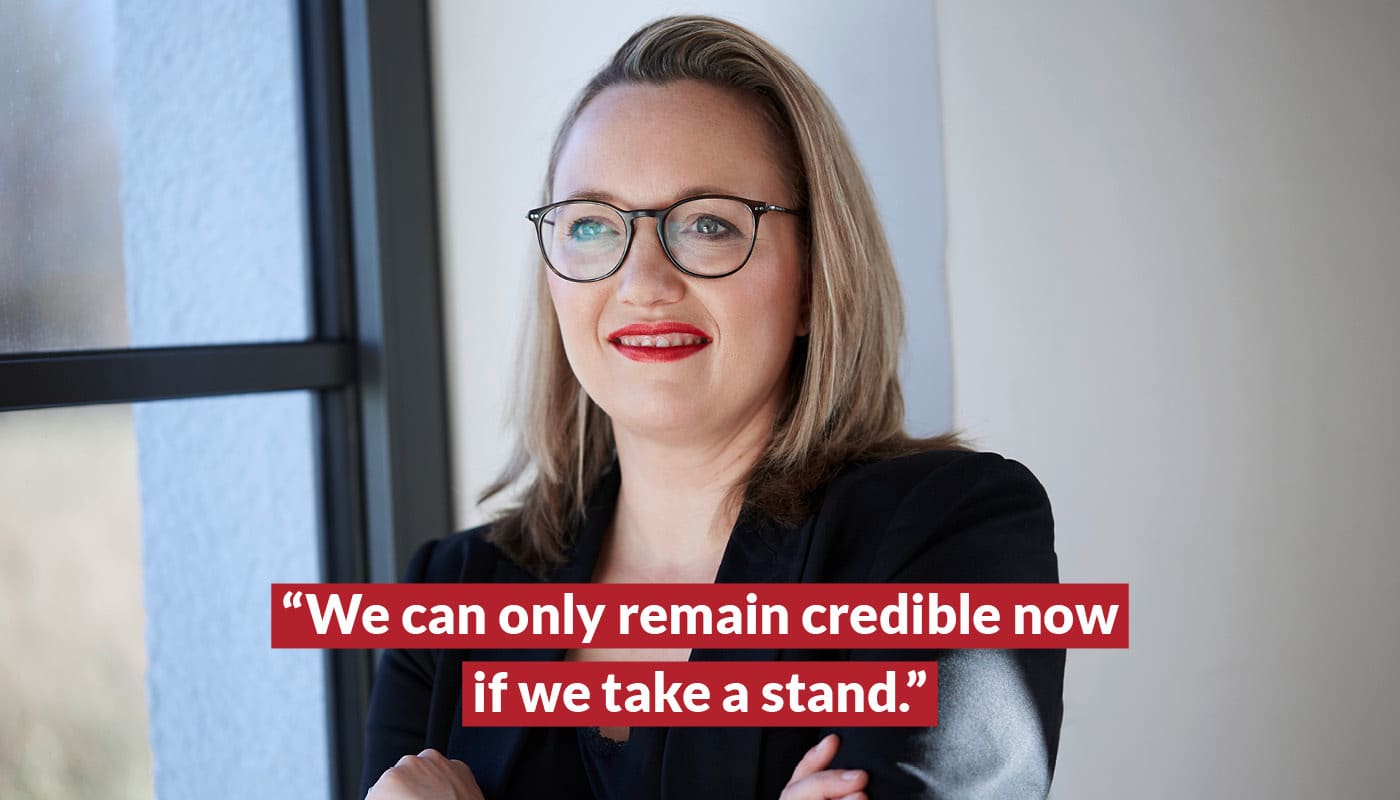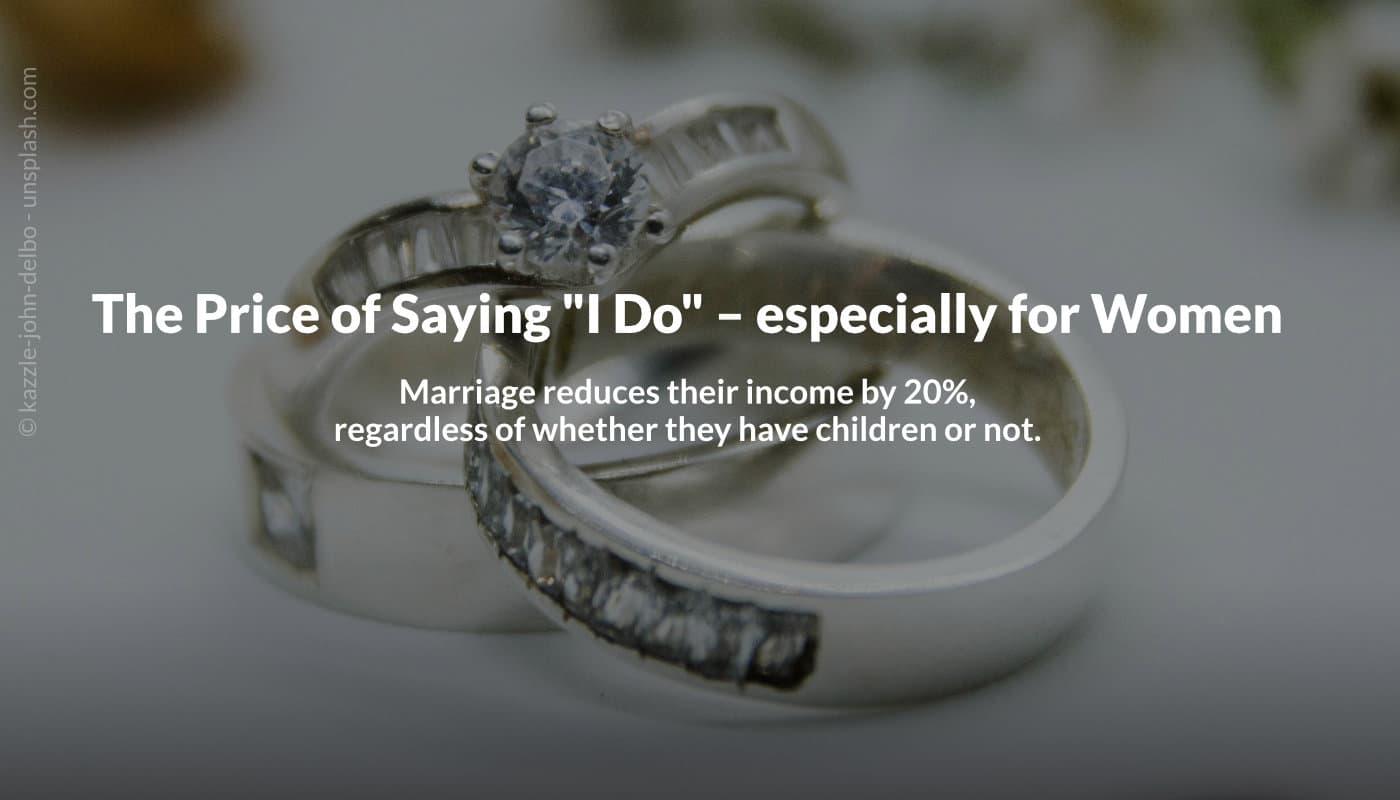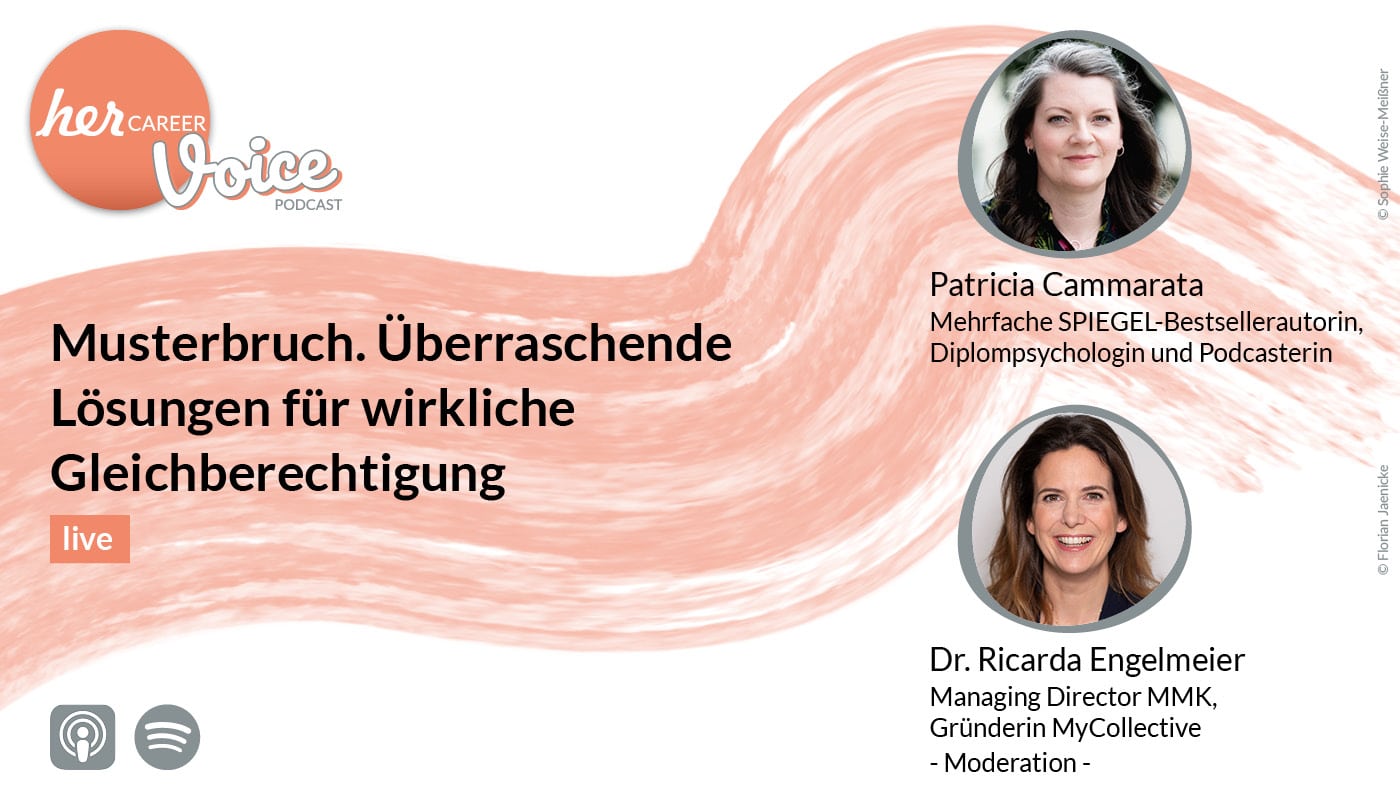Last week, I had the pleasure of attending the networking event at RWTH Aachen University as part of their campaign “Not A Token Woman”. What a wonderful evening. Here in the picture with Dr. Lena Marbacher and Frauke van Bevern, along with the chef who occasionally looked over our shoulders while we were cooking.
The Rheinisch-Westfälische Technical University is addressing the underrepresentation of women in science with this initiative, encouraging women to pursue scientific careers.
The campaign’s claim is “Change now to change tomorrow.” Prejudice, discrimination, and lack of visibility are everyday challenges for women in science. The women of RWTH are determined to tackle these issues: “We are driving cultural change and creating an inclusive work environment that fosters open dialogue and mutual respect. Although we have achieved a lot, we are not there yet. We are committed to gender-equal career opportunities, targeted networking for female scientists, and the compatibility of family and career.”
The impressive campaign visuals feature portraits of successful female scientists, countering common stereotypes with statements like: “We all know how she got that position” or “Her male colleagues must love her.”
Prof. Verena Nitsch, head of the Institute of Ergonomics at the Faculty of Mechanical Engineering at RWTH, advises young women considering a scientific career in an interview with watson news: “Talking about discriminatory experiences in a safe space helps a lot. It leads to the realization that most young women share similar experiences and that the reasons lie outside themselves. And: Don’t let criticism discourage you!”
Prof. Maria Kateri, head of the Chair of Statistics and Data Science, emphasizes: “To increase the number of women professors in STEM fields, we need to start much earlier; this is more of a societal issue. We need to inspire more girls and young women to pursue science—at schools and within families. It must become more natural for women to embark on a scientific career, even with a young family.”
Starting earlier is key! ZEIT ONLINE recently reported on an analysis of gender distribution at universities. STEM fields remain predominantly male, but the percentage of women has risen to a record 35.1%. This effect is self-reinforcing: as more role models emerge and classrooms become more diverse, women are more likely to choose technical studies.
Interestingly, in the fall of 2023, approximately 210,000 women enrolled at German universities, marking the eighth consecutive year that more women than men started university. Since 2021, women have outnumbered men in higher education overall. Women are more likely to begin studying because they achieve better grades and are more likely to graduate from high school than their male peers.
What about differences across fields of study? Women lead in fields like architecture, law, primary education, medicine (human, dental, veterinary), psychology, and graphic design. Numbers are roughly equal in philosophy, business administration, history, urban planning, process engineering, mathematics, and bioinformatics.
I highly recommend the new episode of the herCAREER Voice Podcast. In it, physicist Dr. Nancy Hecker-Denschlag, Principal Scientist at ZEISS Medical Technology, shares her career journey and her passion for working in science! The episode is titled From Lab to Leadership: A Physicist’s Role in Industry – herCAREER.

Posted by Natascha Hoffner, Founder & CEO of herCAREER | Recipient of the FTAfelicitas Award from Femtec.Alumnae e.V. | LinkedIn Top Voice 2020 | Editor of the “Women of the Year” books published by Callwey Verlag
published on LinkedIn on 22.01.2025
References:
- More about the kampagne of https://arch.rwth-aachen.de/cms/architektur/die-fakultaet/aktuell/meldungen/~bkbgeg/grosse-rwth-kampagne-not-a-token-woman
- https://www.watson.de/leben/interview/558213314-karriere-in-der-wissenschaft-wie-es-frauen-in-mint-berufen-geht
- https://www.zeit.de/campus/2024-01/geschlechterverteilung-studium-wahl-faecher-frauen-maenner
